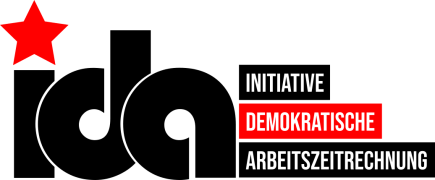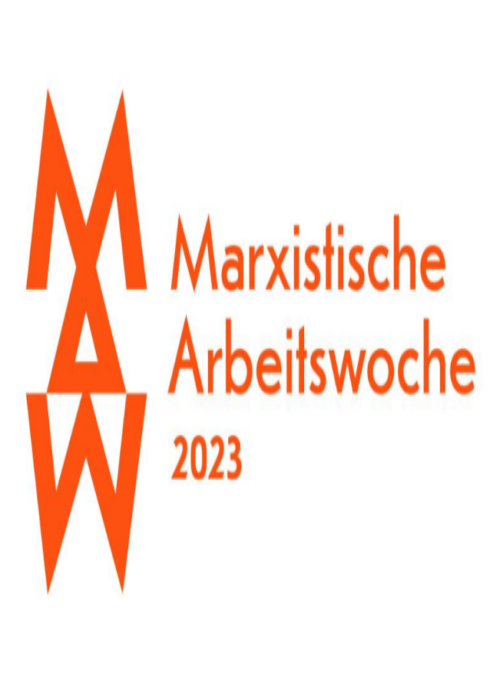On Whit Monday, May 29, starting at 11 a.m., we will hold a workshop as part of the second Marxist Work Week in Frankfurt/Main.
Institute for Social Research
Senckenberganlage 26
60325 Frankfurt am Main
In 1930, when the repressive and exploitative tendencies in the Soviet Union were becoming increasingly apparent, the workers’ movement had split into two major hostile camps, and fascist movements across Europe were gaining more and more support, a small group of dissident communists from Germany and the Netherlands wrote the pamphlet Basic Principles of Communist Production and Distribution. It was motivated by an uncompromising critique of the Leninist model of party and state socialism as well as of its more moderate social-democratic variant, which had been the subject of the so-called “socialization debate” of the 1920s. Their critique, however, was shaped by the idea of workers’ self-management and by the experience of the council experiment during the revolutionary waves at the end of the First World War.
But how can a socialist planned economy be organized without centralized state control and without money? This was the question the Group of International Communists (Holland) sought to explore, and their answer was a decentralized planned economy based on labor-time accounting. The workshop will introduce both the historical context of that debate and the almost forgotten core idea of council communism.

